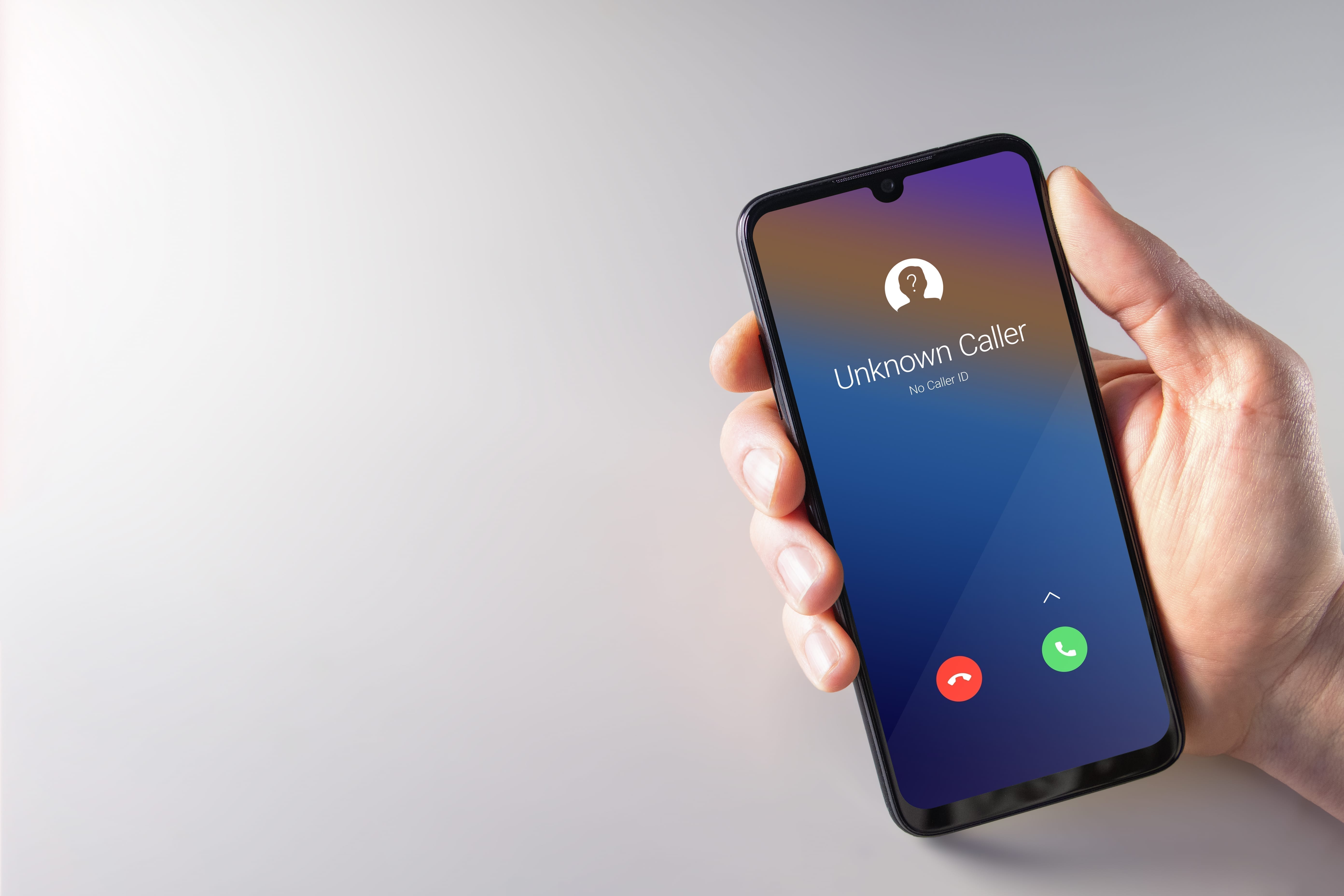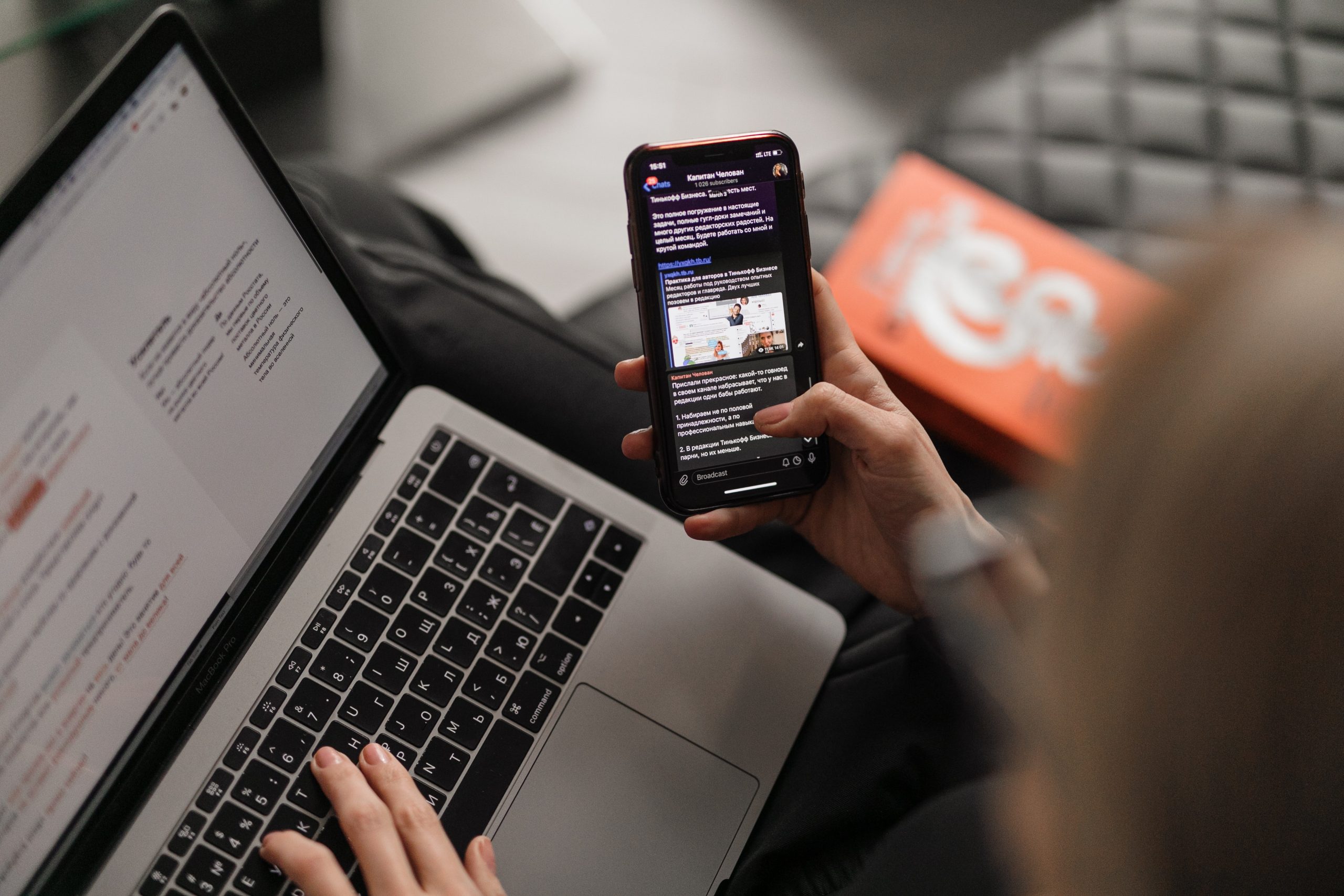It depends. The Fourth Amendment of the U.S. Constitution protects you from unreasonable searches and seizures. The amendment makes sure you and your property are not taken or interfered with by the government. But, technology brings up new questions and complications. Are probation officer cell phone searches okay? In some circumstances, the answer is yes.
The Fourth Amendment
The Fourth Amendment protects you from unreasonable searches and seizures. What this means is that the government cannot search you or your property without a warrant (except as explained below). A search or arrest warrant is a document obtained by the government from a judge that gives them permission to search or seize someone or something. The document requires probable cause to connect you or your property to criminal activity.
However, there are some cases where a warrant may not be needed. Some examples include when there is a danger to probation officers or the public, when the officers have reasonable suspicion or when you give them permission.
Are cell phones just another type of property?
Under Supreme Court rulings, yes. For a probation officer to search your cellphone, they must generally have a warrant to do so. The only exceptions to this rule are the same as for any other property described above.
A good example of how this works comes from a California case called People v. Bryant (2017). Bryant challenged his probation rule that he had to turn in all texts, emails and photos from his phone to his probation officer. The Court ruled in Bryant’s favor. It explained that our phones say a lot about us, our friends and our daily lives. While on probation, the Court ruled, the right to privacy should not be taken away unless reasonable.
What about your calls?
Tapping someone’s phone is when a third party gets access to calls, text messages and other personal information on a phone. Normally a wiretap order, which is similar to a search warrant, is necessary.

However, police themselves may tap phones in order to build evidence against you. There are some ways to know if this is happening to you. One example is if your phone battery dies faster than normal or if your phone feels warm even when you are not using it. But these things can happen in general, too.
What about your social media?
Even though you may primarily use your phone for social media, your accounts can be viewed from other places. This is true if they are public, but people can find them if you set your social media accounts to private as well. Probation officers may check social media to see if you are connected to any illegal activity.

Social media can get complicated this way. For example, someone may post they are at a bar while they are actually at home. But, in cases where social media is portraying what is actually happening, it may be used for guidance or against the individual. Proving that you weren’t where you said you were on social media is hard.
The Takeaway:
You have a privacy right to the information in your cell phone under the Fourth Amendment. However, federal law and most states allow probation officer cell phone searches. In addition, there are other ways that probation officers can find out what you’re up to, including by watching your social media.






